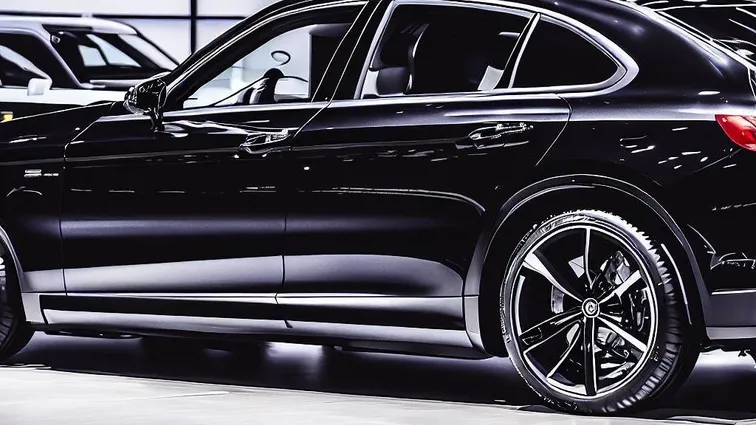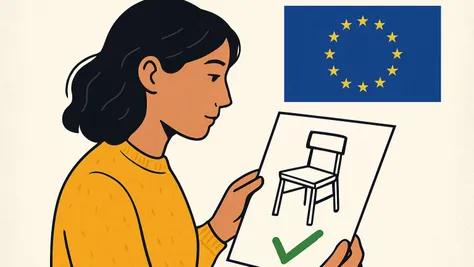Bayerische Motoren Werke (BMW) has recently found out in the Czech Republic that even the most famous trademarks (international and EU trademarks) in the automotive industry do not enjoy absolute protection. In fact, the Czech courts ruled against BMW in a dispute with an independent specialised dealer and service provider for BMW products. BMW did not like the way this independent dealer informed its consumers about its services, but the court did not grant BMW protection.
The Czech car dealer mounted an advertising pylon on the side of a busy road with the three familiar letters "BMW". These three letters were supplemented with the text "specialised sale & servicing".
BMW believed that the way of presentation exceeded the permitted limits and gave customers the wrong impression of a connection to that independent car dealer.
The issue in the trademark dispute
However, the Czech court did not share BMW's position. The court stated that the described way of presentation serves to inform consumers about the services the independent car dealer provides and thus falls under the exemption provided for in Article 14(1)(c) of EU Directive 2015/2436 and Article 14 of the EU Trade Mark Regulation.
BMW claimed, inter alia, that other advertising boards referring to competing car manufacturers, of which the defendant was indeed an authorised dealer, were also placed in the vicinity of the pylon at issue. BMW argued that this could give consumers the false impression that it was also an authorised dealer for the BMW brand.
However, the court concluded that, in relation to cars and their spare parts, the average consumer is able to distinguish between the terms 'authorised' and 'specialised' sale and servicing. The court therefore did not find any risk of creating the impression of a business connection between BMW and the defendant.
Conclusion
Since BMW did not claim in the action that the defendant provided inadequate services, the court did not consider the conduct at issue to be the use of the BMW sign being contrary to good morals of competition or general principles of fair business or industry practice.
BMW is attempting to overturn the verdict in appellate proceedings. However, it has been repeatedly shown that even the position of famous brands and trademarks is not unshakable and does not automatically mean success in a case. As such, for similar cross-border disputes, it is always worth consulting a local trusted legal counsel who will assess and recommend an adequate strategy for a specific case.








